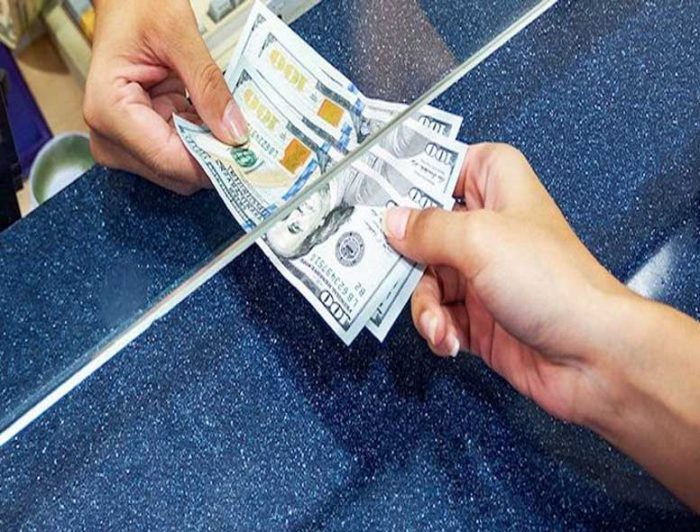The Central Bank of Kuwait has reassured the public that the country does not face a scarcity of foreign currency levels. This assurance is essential for maintaining stability and confidence in the economy. The bank explained that the bulk of the state’s revenues come from oil, which is paid in US dollars. These revenue streams, along with the foreign reserves available to the state, provide ample liquidity to support the country’s foreign currency requirements.
In line with these efforts, the Ministry of Finance purchases dinars from the Central Bank to meet the requirements for implementing the state’s general budget. The Ministry then deposits the equivalent amount in dollars into the bank’s account, continuously enhancing its foreign reserves. This approach reinforces the exchange rate policy, which aims to maintain the stability of the dinar exchange rate and promote monetary stability.
Moreover, the Central Bank receives data from local banks regarding the volume of their purchases and sales of dollars to their customers. This information is primarily used for statistical purposes and estimating demand expectations for foreign currency. It is important to note that Kuwait has an open economy with no limitations on external transfers. Therefore, the data collected by the Central Bank is not intended to impose restrictions on transfers.
The positive economic indicators emphasize Kuwait’s stance against imposing foreign transfer restrictions. The data released by the Central Bank indicates a decrease in the value of Kuwait’s official reserve assets by the end of October for the second consecutive month. However, these figures exclude the external assets of the General Investment Authority, estimated at $803 billion. Despite these fluctuations, the Central Bank maintains an efficient exchange rate policy without sudden fluctuations or speculative pressure on the dinar, thanks to continued accumulation of foreign reserves.
The Central Bank’s monetary policy focuses on managing interest rates and creating an environment conducive to economic growth. By strengthening the attractiveness of the dinar against foreign currencies and bolstering the deposit base in the national currency, the bank aims to finance various sectors of the economy. This approach is supported by experts from the International Monetary Fund, who have commended Kuwait’s exchange rate policy as appropriate for the country’s economic situation.
Addressing concerns about money laundering and terrorist financing, it is important to clarify that banks and financial institutions in Kuwait are responsible for monitoring the movement of money transfers by their customers. If banks have sufficient evidence to suspect any transaction, they are obligated to notify the Kuwait Financial Investigation Unit promptly. The Central Bank, on the other hand, focuses on its assigned role in ensuring financial stability and overseeing the overall monetary policy.
In conclusion, Kuwait’s Central Bank is actively working to maintain ample foreign currency levels and promote monetary stability. Through strategic measures such as purchasing dinars and accumulating foreign reserves, the bank ensures the stability of the dinar exchange rate and supports the country’s economic growth. With an open economy and a commitment to transparency, Kuwait continues to be a reliable and attractive destination for international investors.
Source: TimesKuwait







